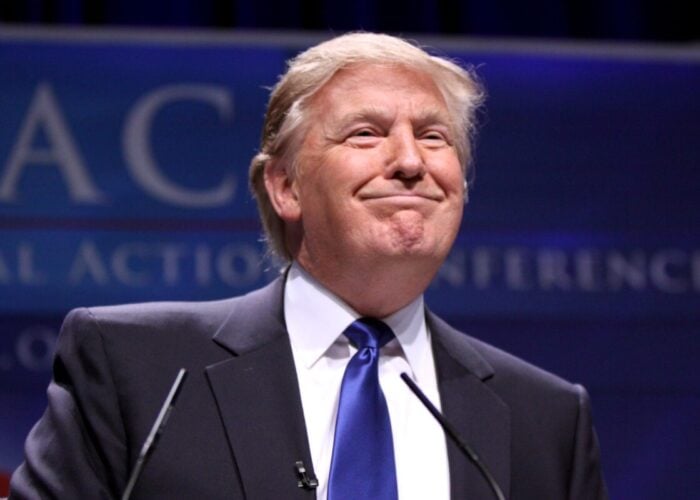An International Energy Agency report advises Germany to review its energy policies to maintain a balance between sustainability, affordability and competitiveness.
The IEA commended Germany for its commitment to developing a low-carbon energy system over the long term, in particular its comprehensive energy strategy, ambitious renewable energy targets and plans to reduce energy consumption. The report noted that Germany has successfully implemented a broad suite of robust energy policies in its 'Energiewende' energy transformation programme across all sectors notably in energy efficiency and climate change.
Unlock unlimited access for 12 whole months of distinctive global analysis
Photovoltaics International is now included.
- Regular insight and analysis of the industry’s biggest developments
- In-depth interviews with the industry’s leading figures
- Unlimited digital access to the PV Tech Power journal catalogue
- Unlimited digital access to the Photovoltaics International journal catalogue
- Access to more than 1,000 technical papers
- Discounts on Solar Media’s portfolio of events, in-person and virtual
Nonetheless, the scale of Germany’s energy policy ambitions, coupled with the size and energy intensity of its economy, and its location at the heart of Europe’s energy system, mean that further policy measures are necessary if the country is to maintain the progress it has made so far.
The report also notes that Germany needs to take steps to ensure that the costs of the Energiewende are minimised and distributed fairly and equitably across customer groups, including households and small businesses, producers of renewable energy and energy-intensive industry.
To date, German consumers have absorbed the costs of the Energiewende, but the debate over the social and economic impacts of the Renewable Energy Sources Act has become more prominent as the share of renewable energy has continued to grow alongside rising electricity prices. The transition to a low-carbon energy sector requires public acceptance, and, therefore, retail electricity prices to remain at an affordable level.
“The fact that German electricity prices are among the highest in Europe, despite relatively low wholesale prices, must serve as a warning signal,” said IEA executive director Maria van der Hoeven.
The report advises that the government should ensure consumers benefit from falling technology prices.
Hoeven added: “The German government should maintain its policy course based on a predictable and stable regulatory framework while actively seeking means to reduce the costs. Sudden changes can undermine investor confidence and will drive up costs in the long term. Any form of retroactive tariff cuts – even if applied for only a short period – must be avoided.”
The German Federal Network Agency announced earlier this month that PV feed-in tariffs would suffer a monthly 1.8% degression, effective 1 May and then on 1 June and 1 July. However, as long as retroactive cuts remain predictable a negative impact on investors will be negligible.
A step in the right direction to fulfilling IEA recommendations is the government’s recent policy on energy storage solutions. The German Energy Storage Association (BVES) said it will relieve electricity networks and keep the electricity prices constant.
Researchers at the Freiburg Fraunhofer Institute ISE proved that the use of decentralised storage systems was able to reduce the peak feeds depending on the system configuration – output of the PV system, local current load and battery size – by up to 40%.
The global market for energy storage in PV is forecast to grow to US$19 billion by 2017 from just US$200 million last year, according to research by IHS and Germany is expected to lead the way.
The IEA also said that Germany should not ignore the effect its policies have on the wider European community. The country is already working with the European Commission to aid countries like Greece to expand its renewable energy sector.







